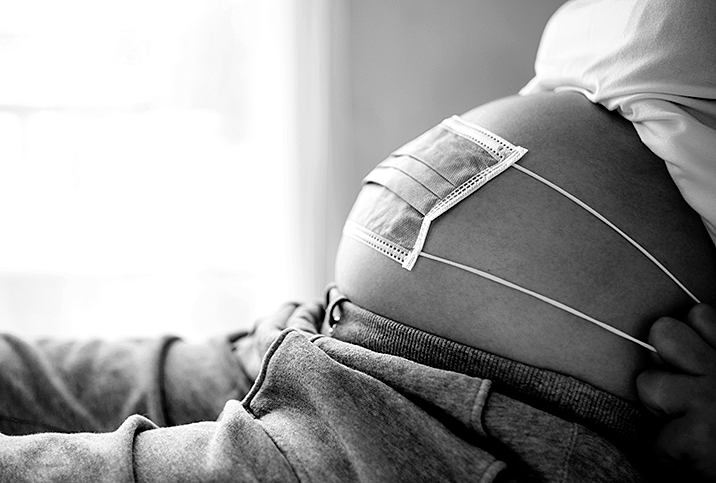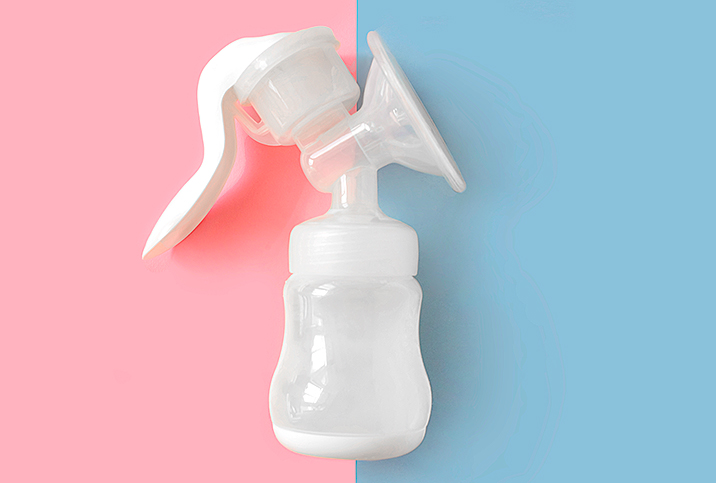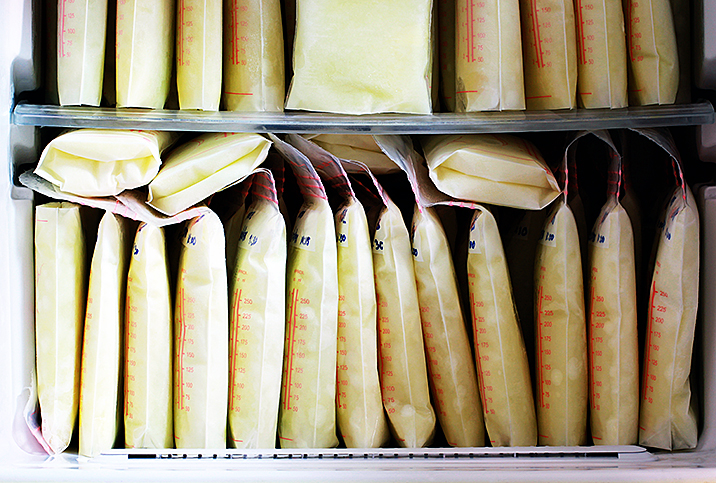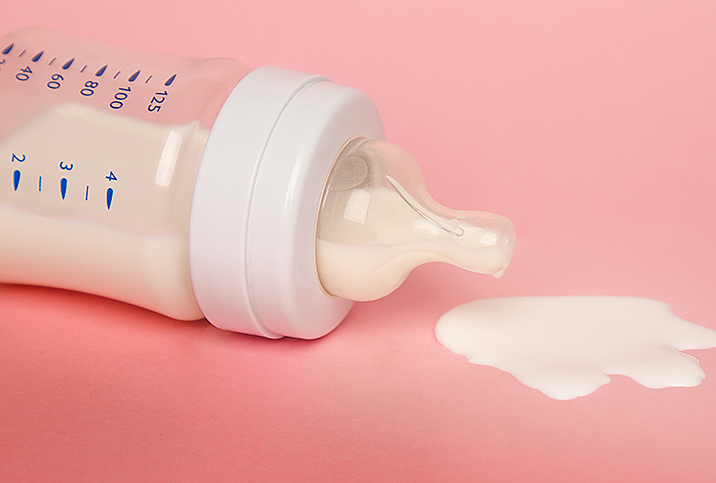The Stress of Giving Birth During a Pandemic

It is hoped the news of a pregnancy is joyous, resources are plentiful and a woman leaves childbirth feeling healthy and empowered. But many new parents struggle to attain this ideal—especially during a global pandemic. The year 2020 brought abrupt changes to everyday life that caught all of us off guard, but expecting mothers were an especially vulnerable group. A newly released study by Aeroflow Breastpumps highlights the struggles pregnant women and new mothers experienced because of the COVID-19 pandemic.
Looking at several indicators of well-being for perinatal mothers—including mental health, finances/employment, access to healthcare and social support—the study shows most respondents, especially those with a lower income, experienced negative effects because of the pandemic. This isn't a surprise.
A June 2020 study from the Centers for Disease Control and Prevention (CDC) found 31 percent of U.S. adults reported feelings of anxiety and depression, and the National Institute of Mental Health (NIMH) stated those numbers were nearly double the pre-pandemic rates.
Jessica Madden, M.D., a board-certified pediatrician and neonatologist, and medical director at Aeroflow Breastpumps, summed it up this way: "Multiple aspects of the COVID pandemic, including necessary social distancing, safety concerns, overwhelmed healthcare facilities, and economic insecurity, have collided to create a perfect storm of grossly inadequate support for pregnant and postpartum mothers."
The Aeroflow study found:
- 68 percent of respondents said they experienced isolation and poor mental health during their pregnancy and postpartum period
- 80 percent reported not being able to see friends and family after the birth of their child
- More than half lost income because of the pandemic
- More than a quarter said they could not attend all their appointments in person because of COVID restrictions
- Almost a quarter did not have an in-person visit with a lactation consultant before they left the hospital
These very real pandemic effects can have compounding and long-lasting consequences, including poor birth outcomes, decreased mother-child bonding, and immediate and long-term health consequences for both mom and baby.
Postpartum depression
There isn't a single cause of postpartum depression (PPD); it seems to have both genetic and environmental contributors. While PPD cannot be prevented, new moms are encouraged to try getting quality sleep and to not be afraid to ask for help.
Among the risk factors for PPD are depression during the pregnancy (antenatal depression), stressful events during the prior year, limited social support, job loss or financial instability and conflict with your baby's other parent.
In other words, life during a pandemic.
Fashion entrepreneur Rachel McCord speaks with Marisa Sullivan about the importance of an advocate in the delivery room, even with COVID-19 restrictions in place. Watch the full interview here.
Problems with breastfeeding
The American Academy of Pediatrics recommends exclusively breastfeeding for the first six months. New mothers who spent a few hours with a lactation consultant were almost three times more likely to breastfeed at three months. Access to continued visits with a lactation consultant increases the likelihood a mother will continue breastfeeding after she experiences complications, such as low milk supply or difficulty latching.
Nursing for only three months is long enough to provide significant advantages to the mother and baby.
Benefits for the baby:
- Stronger immune system
- Decreased risk of sudden infant death syndrome
- Fewer ear infections
- Less likely to develop asthma or seasonal allergies
- Decreased obesity in adulthood
Benefits for the mom:
- Faster recuperation from childbirth
- Decreased risk of PPD
- Decreased risk of breast and ovarian cancer
- Less likely to develop type 2 diabetes
Any amount of nursing is a win-win for mother and baby, but with a decrease in lactation support caused by limited in-person visits, it's not surprising there may be fewer nursing mothers during the pandemic. (It is important to note that "fed is best," and formula is a valid option for mothers unable to breastfeed.)
With so many stressors and limited support, Madden said, "It's no surprise that over two-thirds of mothers surveyed reported increased feelings of isolation and/or poor mental health, as well as disappointment in their postpartum experiences."
Silver lining
With all of this discouraging news, it may be helpful to recognize there have been some silver linings that have come with the pandemic.
More time at home has had its benefits. Moms have been able to spend more time with their newborns and, for those with healthy home lives, this can encourage deeper family bonding, better sleep and more breastfeeding. More time at home is also one explanation for why there have been fewer preterm births during the pandemic.
Another notable outcome of the pandemic has been the increase in online offerings. What you lose in in-person social interactions, you can gain in finding niche groups from anywhere in the world. From Facebook groups to apps, expecting and new parents can find support, camaraderie and connection.
By listening to the experiences of those who have given birth already, we can put better systems in place to more fully support those venturing into parenthood in the time of COVID.
For example, Coco Cabrel, M.D., professor of anatomy and physiology, teaches flamenco dancing online and has recently started a class where new moms and moms-to-be can gather to move, connect and bond.
"Online movement programming like mine allows women from all over the world to experience fun classes together in a safe haven," Cabrel explained. "They know that while they may be physically by themselves, they are definitely not alone. The true friendships I have watched blossom are real—and stunning."
We can't know what the future will bring. We may need to make changes in our lifestyle for years to come. By listening to the experiences of those who have given birth already, we can put better systems in place to more fully support those venturing into parenthood in the time of COVID.


















